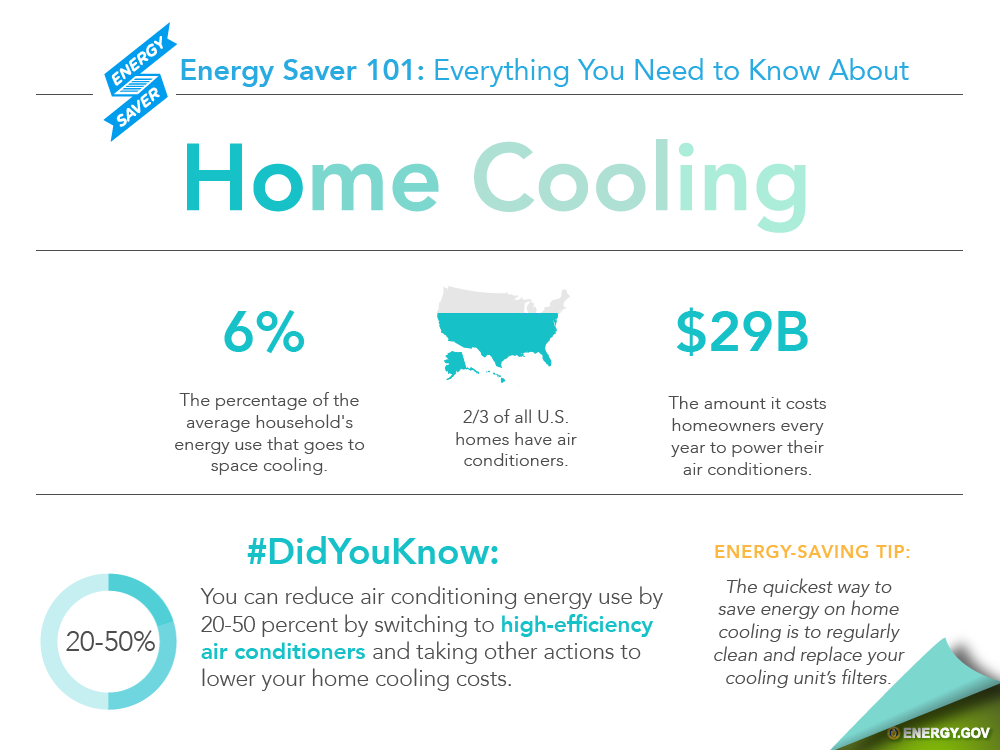Heatpump Vs Heater - Which Is The Better Home Heating Option For Your Home?
Heatpump Vs Heater - Which Is The Better Home Heating Option For Your Home?
Blog Article
Authored By-McLamb Mosegaard
Several house owners are familiar with heaters, which heat homes with oil or gas and push hot air via ductwork. They are reasonably affordable and can provide reputable heating also throughout a winter months power interruption.
Nonetheless, they make use of fossil fuels and create carbon monoxide gas and other air contamination. They likewise aren't as energy-efficient as a high-efficiency heatpump.
Expense
Generally, heat pumps are a lot more cost effective to operate than furnaces. They commonly use electrical energy and cooling agent to extract warm from outside air, and afterwards transfer it right into your home. You can make use of more affordable electrical energy prices during off-peak hours to additionally reduce your home heating expenses.
Unlike heatpump, gas or wood-burning furnaces utilize burning to generate heat, releasing flue gases right into the environment that can be unsafe to your health and wellness. These heating systems are likewise less energy-efficient than heat pumps, and their greater operating expense can build up over time.
Heating systems are a lot more complex than heatpump and need routine upkeep to make certain the proper feature of all parts. In spite of this, they tend to last longer than heatpump with a normal life expectancy of 20 years or more. Nonetheless, you'll need to consider the cost of gas, fuel oil or timber and the added equipment required for setup and operation such as air ducts and air flow systems.
Power Efficiency
Heatpump have a greater power performance rating than heating systems. These systems use electrical power to feed on heat from the air, also in freezing temperature levels. They can also get rid of excess heat from the home during warmer months and reuse it to cool down the system. copyright professionals can help you figure out the very best model for your home on environment and source power expenses.
Heating systems shed fuel oil, lp, natural gas or various other types of nonrenewable fuel source to heat up the air in the home. This air is then distributed with ductwork using a large fan. Furnaces create greenhouse gases and require normal maintenance and devices upgrades to make certain secure procedure.
The largest advantage of a heater is that it can be run also in extreme winter conditions since it does not rely on exterior temperatures to heat the air. Heating systems likewise have a longer lifespan than heatpump and generally last 15 years. please click the up coming article can additionally be coupled with twin gas options, which pick one of the most effective home heating choice based on the climate.
Climate
Heatpump work well in moderate climates and utilize less source power than furnaces. Nevertheless, if your region is remarkably chilly, you might require to buy a typical gas heater rather.
Heating systems offer cozy, relaxing warm and usually use rapid heating to elevate indoor temperature levels. These systems can be utilized with a variety of gas types, including natural gas, lp, oil or electricity.
They eat more energy than heat pumps-- up to 3x as much-- and need ductwork that's costly to set up or retrofit. They're additionally extra costly to maintain, as they can cause air high quality concerns and generate greenhouse gas emissions.
If you're committed to reducing your carbon impact, a heatpump is a good choice for your home. https://www.actionnews5.com/2022/06/16/hvac-business-gives-tips-surviving-heat-wave/ have fewer greenhouse gas emissions than heaters, particularly if you choose an ENERGY STAR ® heatpump. Your neighborhood Provider specialist can clarify the distinctions in between these 2 heating unit and aid you make the most effective decision for your special demands.
Individual Preferences
Furnaces can be extremely power effective when powered by gas, propane or oil, however they aren't as energy efficient as heatpump in cold climates. They can also be more expensive to install, calling for gas lines and air flow systems.
Nonetheless, heaters tend to require much less upkeep, which can lead to lower ongoing expenses. They create fewer greenhouse gases and are extra dependable than heat pumps throughout extreme weather.
Electric heatpump are a lot more flexible in developing indoor convenience since they can also serve as air conditioning system during warmer months. They can be more convenient to maintain, requiring just routine air filter changes and occasional vacuuming.
If you prefer the comfort of a single system that does it all, consider a crossbreed heating remedy that sets a heater with an electrical heat pump. These systems can instantly switch in between the two home heating alternatives based upon your home's demands and temperature problems, optimizing performance and cost savings.